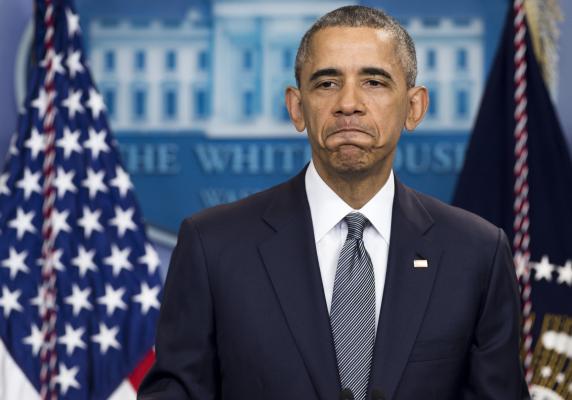Derek Harvey is a former US Army Colonel and Senior Intelligence Executive for the Defense Intelligence Agency. As a US Army Colonel, he served with General David Petraeus in the Middle East. He has more than 20 years of experience analyzing Middle East, North Africa and Central Asia security, terrorism, economic and political issues. He now directs the Global Initiative for Civil Society and Conflict at the University of Florida, an incubator of innovative ideas and practices for nurturing robust communities, and for tackling civil conflict, around the world.
Is the sudden revival of discussion of the classified “28 pages,” the JASTA legislation, and general allegations of a Saudi government role in the 9-11 attacks a matter of coincidence, or do you see indications of a deliberate campaign?
I’ve been trying to figure out the motivation. Of course there are numerous things going on here. There is an anti-Saudi perspective driving some of this because of the perception that Saudi Arabia has not done enough in curtailing the export of an intolerant version of Islam on the one hand, and some misinformation that is in the public discussion and exploited by others to characterize Saudi Arabia’s government as promoting jihadism or, at least, ignoring things and not taking action that are within their power to curb the radicalization and the jihadist terrorist element. But there’s no evidence of Saudi government or senior governmental leaders supporting any of those things, going all the way back to 9-11. The people that were involved in 9-11 clearly were mostly Saudi, and that was purposeful by Bin Laden, to try and help create a rupture in the relationship. But more than that, people look at things that are in many ways, normal business, and imply nefarious characteristics to the actions. For example, Saudi nationals that were here in the country — perhaps even including those that participated in 9-11 — may have benefited from Saudi programs for overseas education, or received support from a consulate or an embassy when they got into trouble someplace. But there’s no connecting the dots between those actions and these individuals’ activities related to terrorism.
It’s like saying, “We have an American citizen overseas, and he gets in trouble, and the US government assists him, but he happens to be a criminal — it doesn’t mean that the US government is supporting that person’s criminal activity. If a French ISIS volunteer traveling through Turkey, who gets support from the French consulate in Istanbul is not seeking support from the French government from his terrorism activities directly, he’s seeking it as a French citizen who happens to be in Istanbul — and the government has no idea what those activities are. To me, it’s the same thing as saying that in such a case, the French government is responsible for supporting the ISIS terrorists. No — you should have to show intent to support. And that’s the difference: there’s no intent. The normal business operations of the Saudi government to support its citizens is not supporting terrorism. With that in mind, I don’t think there’s anything in the 28 pages that should be of any concern.
I have talked to people who helped with the 9-11 Commission report, who have seen the 28 pages. But here’s the bottom line: We run into this all the time in the business of intelligence. Activities taken by certain individuals within a country, or even within a government, don’t mean that the government is actually sanctioning that activity. If you have criminal activity being taken by Americans overseas in Afghanistan or Iraq, it doesn’t mean that the US government has sanctioned that activity.
What are your concerns about the present tenor of the American public discussion with respect to Saudi Arabia?
My concern is that there’s a significant push by some to drive a wedge between the US and Saudi Arabia. The general public is not aware of the complex and deep-rooted relationship that the US has and why it’s in the US interests to maintain this relationship.
